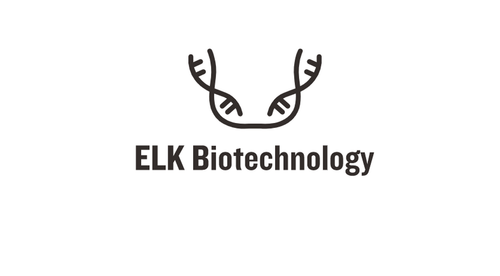Product Description
Human Protocadherin-20 (PCDH20) ELISA Kit | AE28500HU | Abebio
Species Reactivity: Human (Homo sapiens)
Abbreviation: PCDH20
Alternative Name: FLJ22218; PCDH13; OTTHUMP00000204661|protocadherin 13
Application: ELISA
Range: 0.312-20 ng/mL
Sensitivity: 0.126 ng/mL
Intra-Assay: ≤5.8%
Inter-Assay: ≤7.9%
Recovery: 0, 95
Sample Type: Serum, Plasma, Other biological fluids
Detection Method: Sandwich
Analysis Method : Quantitive
Test Principale: This assay employs a two-site sandwich ELISA to quantitate PCDH20 in samples. An antibody specific for PCDH20 has been pre-coated onto a microplate. Standards and samples are pipetted into the wells and anyPCDH20 present is bound by the immobilized antibody. After removing any unbound substances, a biotin-conjugated antibody specific for PCDH20 is added to the wells. After washing, Streptavidin conjugated Horseradish Peroxidase (HRP) is added to the wells. Following a wash to remove any unbound avidin-enzyme reagent, a substrate solution is added to the wells and color develops in proportion to the amount of PCDH20 bound in the initial step. The color development is stopped and the intensity of the color is measured.
Product Overview: Protocadherin-20 is a protein belongs to the protocadherin gene family, a subfamily of the cadherin superfamily. This gene encodes a protein which contains 6 extracellular cadherin domains, a transmembrane domain and a cytoplasmic tail differing from those of the classical cadherins. Although its specific function is undetermined, the cadherin-related neuronal receptor is thought to play a role in the establishment and function of specific cell-cell connections in the brain. The RefSeq transcript and protein were derived from genomic sequence to make the sequence consistent with the reference genome assembly. The genomic coordinates used for the transcript record were based on alignments.
Stability: The stability of ELISA kit is determined by the loss rate of activity. The loss rate of this kit is less than 5% within the expiration date under appropriate storage condition. The loss rate was determined by accelerated thermal degradation test. Keep the kit at 37°C for 4 and 7 days, and compare O.D.values of the kit kept at 37°C with that of at recommended temperature. (referring from China Biological Products Standard, which was calculated by the Arrhenius equation. For ELISA kit, 4 days storage at 37°C can be considered as 6 months at 2 - 8°C, which means 7 days at 37°C equaling 12 months at 2 - 8°C) .
 Euro
Euro
 USD
USD
 British Pound
British Pound
 NULL
NULL








